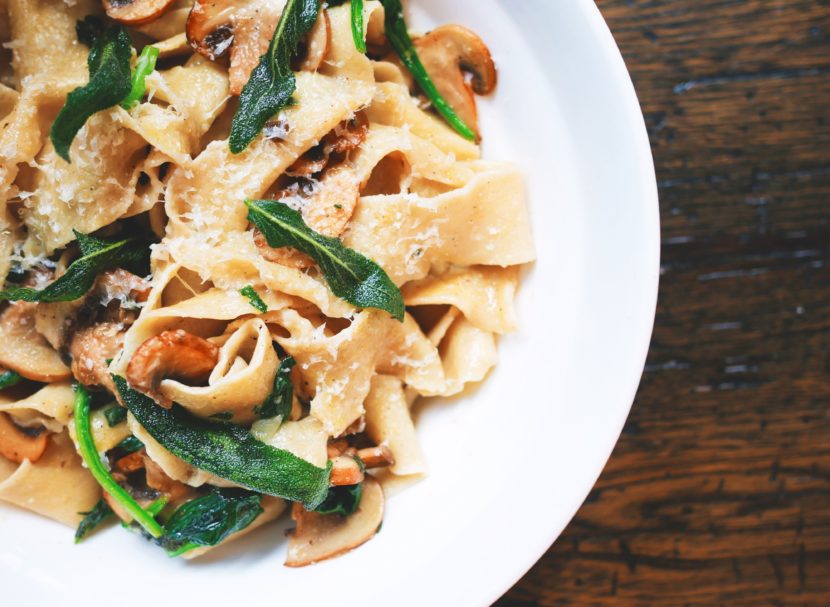There is much research surrounding the question of whether certain foods or diets can help people living with dementia by slowing the process or even by preventing it altogether. This research has involved many studies looking at diets like the Mediterranean Diet and other antioxidant-rich diets to be some of the best for reducing the risk of dementia. The studies conducted in this research were observational, so it is important to note that simply changing your or a loved one’s diet is not a surefire way to prevent dementia or lessen the damage already caused to brain cells from dementia. However, we’re taking a look at foods and diets that have the best potential to reduce the risk of dementia and its effects. Here are a few simple healthy eating tips for dementia patients that perhaps integrating into yours or a loved one’s diet may help more than you know.
The Mediterranean Diet
For those of you unfamiliar with the Mediterranean Diet, it is high in fruits, vegetables and protein whilst being low in red meat, sugars and saturated fats. This diet is one in which some studies have shown results of less troubles with memory and thinking, as well as preventing certain types of dementia. Here is a breakdown of what a Mediterranean Diet typically consists of:
Eat:
- Vegetables
- Fruits
- Nuts
- Seeds
- Legumes (considered to be both in the vegetable and protein food groups)
- Potatoes
- Whole Grains
- Breads
- Herbs and Spices
- Cold water fish and other various seafoods
- Extra virgin olive oil
In Moderation:
- Yoghurt
- Cheese
- Dairies
- Poultry and other white meats
- Alcohol
Eat Little Of:
- Red meats
- Sugar
- Saturated Fats
Don’t Eat:
- Sugar-sweetened beverages (soft drinks, colas, etc.…)
- Added sugars (soft drinks, candies, etc.…)
- Refined grains (white bread)
- Processed meats (sausages, bratwursts)
- Refined oils (canola oil, cottonseed oil, soybean oil)
- Other highly processed foods
- “Low-fat” or diet foods
The study done of this diet was on a consensus basis, trying to find themes and trends if there were any. The consensus showed that followers of the Mediterranean or other similar diets had less problems with memory and thinking, but it failed to conclude whether this diet prevented dementia. However, it was concluded that the high levels of antioxidants obtained from this diet may help to reduce the damage done to brain cells by the effects of dementia. It was also noted that the certain proteins in the brain that are known to protect brain cells from damage also increased in number when someone followed this diet. However, more research has suggested that the people following this diet also tend to lead healthier lifestyles in general, which is also something that one could attribute to lower levels of thinking and memory problems.
If you or your loved one are not so keen on following a specific diet, there are other foods that you can introduce to your current eating habits that are brain-boosting and said to have a positive effect on preventing the risk of dementia.
These foods include:
- Vegetables (specifically dark coloured like spinach, red bell peppers and broccoli)
- Fruits (specifically dark fruits like blueberries, cherries, blackberries and dates)
- Nuts and Seeds (almonds, walnuts and pecans)
- Potatoes
- Legumes
- Whole Grains
- Fish and Seafood
- Poultry
- Dairy
- Eggs
- Herbs and Spices
- Healthy Fats
- Avocados
- Dark chocolate
We at the Hollies tailor our high standards of care to each individual’s preferences, including what they like to eat. For more information or for any enquiries please contact us at Holly Oak on 01453 541400 or info@thehollies.co.uk

